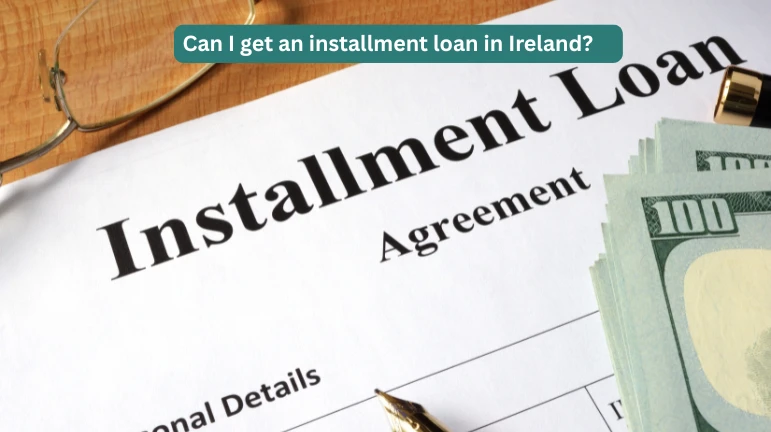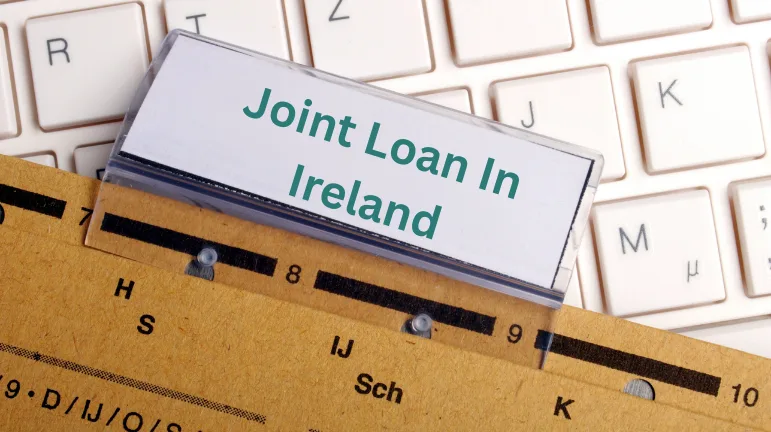
More and more families are troubled by credit card debt as the cost of living increases. Most people see their balances increase even when they are paying. It is not always the problem of spending but rather the interest rates, which are high. Even the financially challenged people have some assistance through credit card consolidation for bad credit in Dublin and other cities.
The credit cards tend to impose an interest of 18-24 % on balances. This makes petty purchases into great economic weeds. The minimum payment, in order to clear a small balance of only 1,000 Euros, may take years.
Consolidation is the process of paying off these high-rate debts in a single loan. A new loan is usually at a very low interest, sometimes half the interest charged by cards. You pay all your cards with this money. Then you need only to make a single payment every month rather than many.
Can Anyone in Ireland Use Debt Consolidation?
Not everyone can get debt consolidation in Ireland, but many people can. You’ll need decent credit to start with. The lenders check your credit score before saying yes to your application. They want to see that you’ve handled money well before.
They also need proof that you earn enough to pay them back. Full-time work looks best, but part-time jobs can work if you earn enough. Most want to see at least six months at your current job.
You’ll need basic ID papers like your passport or driving licence. Some lenders are quite strict about your past. They might turn you down if you’ve missed payments recently. Many want a clean record for the last six months at least.
If your credit is poor, you might struggle to find help. Bad scores from missed payments or court judgments make things tough. Some lenders still might help. Many direct lenders offer these loans. You can shop around for the best rates in pounds before you decide.
What Are the Main Ways to Consolidate Debt?
Many have several ways to merge their debts into one easier payment. Here are some of them:
- Personal Loans
Many direct lenders offer fixed-rate loans that can help clear up debt. You can easily get a personal loan to clear credit card debt in Dublin. You get one lump sum to pay off all cards at once. You’ll then make just one payment each month at a much lower rate. Most lenders in Ireland offer rates between 7% and 12%, far less than the 18-24% on most credit cards. Your rate won’t change, so you know exactly when you’ll be debt-free.
- Balance Transfer Cards
This option lets you move debt to a new card with no interest. Many banks give 0% deals for the first six to twelve months. This break from high rates helps you pay down what you owe much faster. Just watch for the fees – most charge 1-3% of the amount you move. You’ll need good credit to get the best offers, and plan to pay it off before the deal ends.
- Credit Union Loans
Local credit unions look at more than just your credit score when they decide. Most credit unions charge between 6% and 10%. They can be more flexible if you have a history and need to adjust payments. Many don’t charge fees if you pay off the loan early.
| Credit Score Impact By Consolidation Type | |||
| Action | Short-Term Score Impact | Long-Term Score Impact | Suggestions |
| Applying for a loan | Slight drop | Neutral or positive | Inquiry lowers, payment helps |
| Using a balance transfer card | Drop if the limit is used fully | Improves if paid well | Don’t max it again |
| Debt management plan (DMP) | May drop score | Helps stop arrears | Not a credit product |
| Paying off old cards fully | Improves utilisation | Boosts credit over time | Keep your credit low after |
Should You Use a Debt Management Plan Instead?
Your credit might be too low or your debts too high. That’s when a Debt Management Plan (DMP) could be your next best step. These plans work differently from loans but help many people regain control.
MABS (Money Advice and Budgeting Service) offers free DMPs across Ireland. They’ve helped thousands sort out their money troubles without charging fees. Unlike banks, they don’t turn you away if your credit score isn’t great. They look at what you can truly afford to pay each month.
With a DMP, you make one payment to MABS each month. They then share this money among all your lenders. This cuts the stress of juggling multiple bills and calls from creditors. You won’t have to face angry calls or scary letters in the post anymore.
The plan won’t reduce what you owe in total. But MABS often gets lenders to freeze the interest on your debts. This stops the amount from growing while you pay it down slowly. Most lenders work well with MABS because they’d rather get some money than none.
Here’s how to decide if a DMP suits you:
START → Can you get a loan? → YES → Consider a consolidation loan
→ NO ↓
Can you afford the minimum payments? → YES → Try self-management
→ NO ↓
Are the debts under £20,000? → YES → Contact MABS for DMP
→ NO ↓
Need more serious help? → Consider debt settlement or legal options
A DMP will show on your credit file for six years. This might make getting loans harder for a while. But many find the peace of mind worth this trade-off in the end.
| Service | What They Offer? | Cost | Website |
| MABS | Free debt advice + plans | Free | mabs.ie |
| CCPC | Loan + card comparison tools | Free | ccpc.ie |
| Bonkers.ie | APR & lender comparisons | Free | bonkers.ie |
How Much Can You Save With Consolidation?
Most credit cards charge high rates that keep you stuck in debt for years. The average credit card hits you with 22% interest or even higher. A good consolidation loan might offer just 9% instead.
This rate drop makes a huge difference in your monthly cash flow. Let’s say you’ve got €10,000 spread across three cards. You’re likely paying over €400 monthly just to keep up. With consolidation, that could drop to around €200 per month.
The credit cards charge their late fees if you miss a payment date. These can reach €12-€15 per card each time you’re late. Consolidation clears all these out with just one payment to track.
Your total savings depend on several key factors. A three-year loan saves less in total than a five-year one. But longer terms mean smaller monthly payments that fit tight budgets. The rate you qualify for makes a big difference.
- Debt freedom comes faster when you don’t make new credit card charges
- Many Irish banks offer rate discounts for automatic payments
- Some loans have no early payment fees if you get extra cash
- Local credit unions often beat bank rates by 2-3%
- The peace of mind value can’t be measured in euros
Many people save thousands over the life of the loan when they avoid new debt. The holiday, home repair, or rainy day fund suddenly becomes possible again.
Conclusion
The relief is as important as the money saved. You will be able to cross off the calendar and see how you are improving every month. These loans are available through many direct lenders and credit unions at a term of two to five years. It depends on your needs and credit status, which determines the right choice.

Samuel Doyle is a finance content writer and loan strategist who explores the intersection of financing and technology to provide the best in terms of individual borrowing requirements. With a background in finance study and content strategy, he has written plenty of articles and blogs on finance, loans and the advent and future of FinTech. His work appears in top blogging platforms, loan product guides, and in the digital portals of online loan providers like Comparemyloan. With his writing, he has tried to bridge the gap between FinTech complexity and everyone’s loan requirements. A firm believer in ethical lending, Samuel focuses on solutions that serve people as much as profit.





